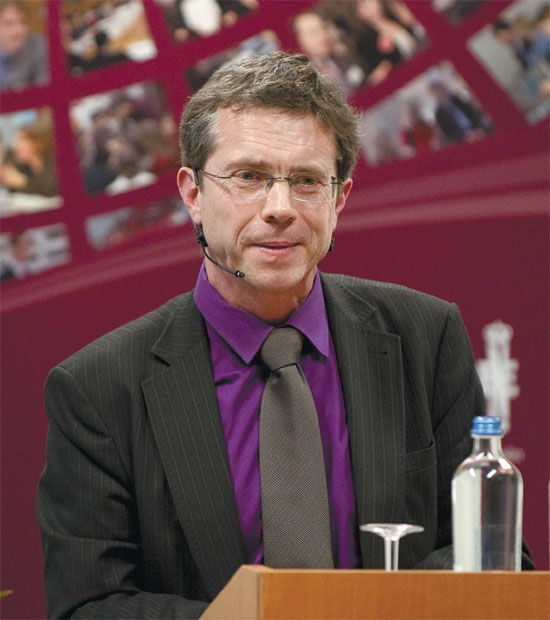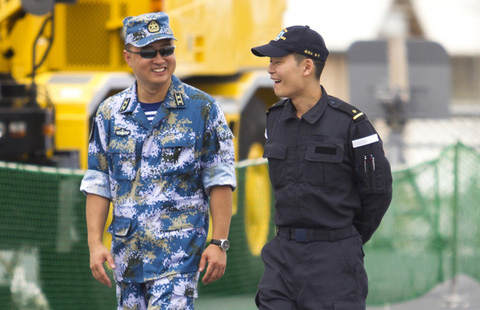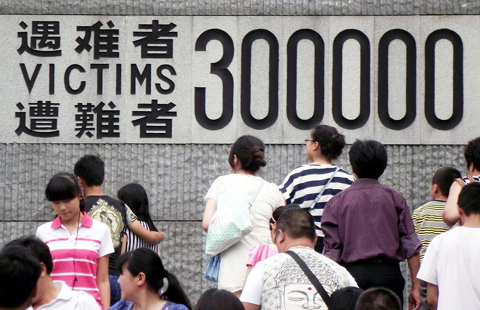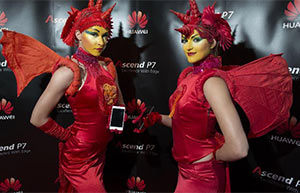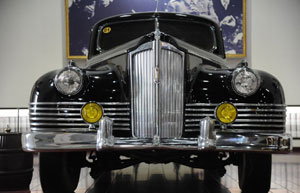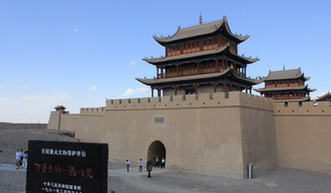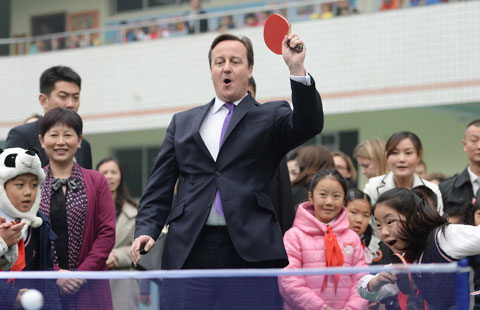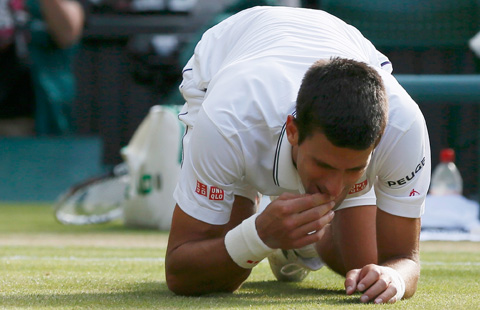Accolades for China's years of progress
By Martin Banks ( China Daily Europe ) Updated: 2014-07-04 08:14:48
|
Stephan Keukeleire says the biggest challenges facing China will be dealing with rising inequality between the fast-rising ranks of the rich and those at the other end of the economic scale. Provided to China Daily |
European Union needs to better appreciate 'Chinese model', author of new report says
The "successful Chinese model" is increasingly being copied by other countries, an expert on EU foreign policy says.
Stephan Keukeleire says this seems to be a "more attractive model" for developing and emerging countries than what is promoted by Europe.
Professor Keukeleire and Tom Delreux, both of the University of Leuven in Belgium, have just published an updated version of their analysis of EU foreign policy.
The 390-page book, The Foreign Policy of the EU, examines the EU's relationships with the world.
Speaking from his office at the university, one of the world's oldest tertiary institutions, Keukeleire is keen to carefully balance any reservations he has about China by acknowledging the successes it has achieved since 2008, when an earlier report was published.
"We are more positive about China this time, and it has good reason to take the positions it does. The important thing is to avoid seeing things as black and white, as some commentators do."
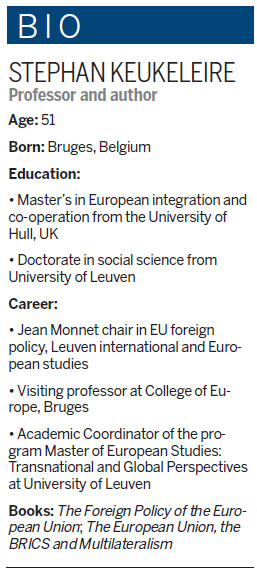
While Brussels has accused China of not respecting human rights, Keukeleire says, Beijing can point to double standards by the EU, particularly its lack of attention to "collective" human rights. These include the right to subsistence and the right to development, he says.
If the "important principle" of the right to subsistence is defined as having the minimum necessary to support life, China's leaders deserve praise, he says.
"In a relatively short period of time it has ensured that large parts of China's population has been hauled out of poverty."
An estimated 200 million Chinese may still live below the poverty line, but government efforts to tackle the problem "is something Western diplomats would do well to understand better".
China may have "increasing assertiveness" but its leaders still face "considerable challenges", including ensuring food supplies for the country's 1.3 billion people, he says.
In the book, Keukeleire and Delreux speak of "conceptual gaps" regarding the same notions and values.
Europeans "often ignore or even do not know about concepts that are important to China", they say.
"It is evident that the often conflicting interests between the EU and China explain in large part the generally disappointing development of relations between the two sides."
Keukeleire says one of the biggest challenges facing China in the near future, apart from trying to guarantee internal stability, will be dealing with rising inequality between the fast-rising ranks of the rich and those at the other end of the economic scale.
"Inequality is one of the reasons why Europe strives for a 'socially correct market economy' and it will be fascinating to see the extent to which China can achieve this and create stability. This, in fact, is something we in Europe might also learn from China."
The book, soon to be translated into Chinese by the University of Shanghai, talks of China's gradual rise as a competing structural power being a "major concern" for the EU.
"This reveals itself in multilateral organisations but also in other parts of the world," Keukeleire says.
Here, China "successfully embodies" a development model for other developing or emerging countries that seems more attractive than the model the EU promotes.
The economic crisis of 2008 from which the EU is only just emerging has seriously dented the effectiveness and sustainability of Europe's economic model, Keukeleire says.
Symbolising the "shift in the relative balance of power" between the two sides was China agreeing, in 2010-11, to contribute to international efforts to deal with the euro zone crisis.
Keukeleire says the financial crisis may have undermined Europe's economic standing, but he acknowledges EU's efforts to deal with the fallout, saying this demonstrates the bloc's ability to overcome catastrophe.
He is equally firm in his belief about the extent to which China influences EU foreign policy, particularly in the past decade as it has emerged - or "re-emerged", as the book puts it - as a global power.
China now enjoys the highest economic growth of all major and emerging world economies and is the world's biggest foreign currency reserve country, he says.
Taken together, he says, these point to the "impressive leverage" China possesses, economically and, potentially, politically. This, he believes, has implications for the EU's position in the Middle East, Africa and elsewhere where it competes with China for the same resources, markets and political influence.
On foreign policy, Keukeleire points to increased cooperation between Brussels and Beijing, for example in fighting piracy off the Somalian coast and in dealing with security issues in South Sudan and Congo.
"When it comes to foreign policy this increased cooperation shows there is more common ground than before."
Keukeleire also praises the positive impact of China's policy in Africa.
But the EU and China still, in general, disagree on how to tackle authoritarian regimes, one notable example being Libya, where British and French-led military action in 2011 had a "direct negative" effect on Chinese interests in that country.
Thousands of Chinese workers were forced to leave the country and strategic Chinese investments in and energy supplies from Libya were "nullified".
The "growing mistrust" and "mutual misunderstanding" cited in the book is partly the fault of Brussels, Keukeleire says. He is particularly critical of its 25-year-old arms embargo and the bloc's "mistaken" reluctance to grant China market economy status, which would remove restrictions for Chinese companies wanting to export to the EU.
Initially Europe saw China as a "subject" of its foreign policy but is today "increasingly confronted" by China as a competing power.
Despite a big shift in the balance of power between the two and conflicts in areas such as market access, state aid and intellectual property rights, he remains largely optimistic, praising the "remarkably swift" modernization of the Chinese economy, combined with internal political stability.
He cities as evidence a recent business trip to Beijing, where he was impressed by people's knowledge of Europe. In this regard he would like to see more reciprocity.
"I'd like to see more Chinese works translated into English, French or German and for us Europeans to do more to learn the Chinese language. Our inability to do so, coupled with a lack of knowledge of China and Asia generally, is a real handicap."
His assistant is now studying for a PhD at Shanghai University, and a group of students from Leuven will soon leave for a summer school at Sichuan University in Chengdu, Sichuan province.
Leuven is also engaged in a joint project with Tsinghua University.
"These are relatively small examples of how things are evolving," Keukeleire says.
"But we need to go further."
For China Daily
(China Daily European Weekly 07/04/2014 page32)
|
|
|
|
|
|
|
|
European Weekly
 We will not give up search, Li vows
We will not give up search, Li vows
International hunt for missing airliner continues after fruitless six-day search


